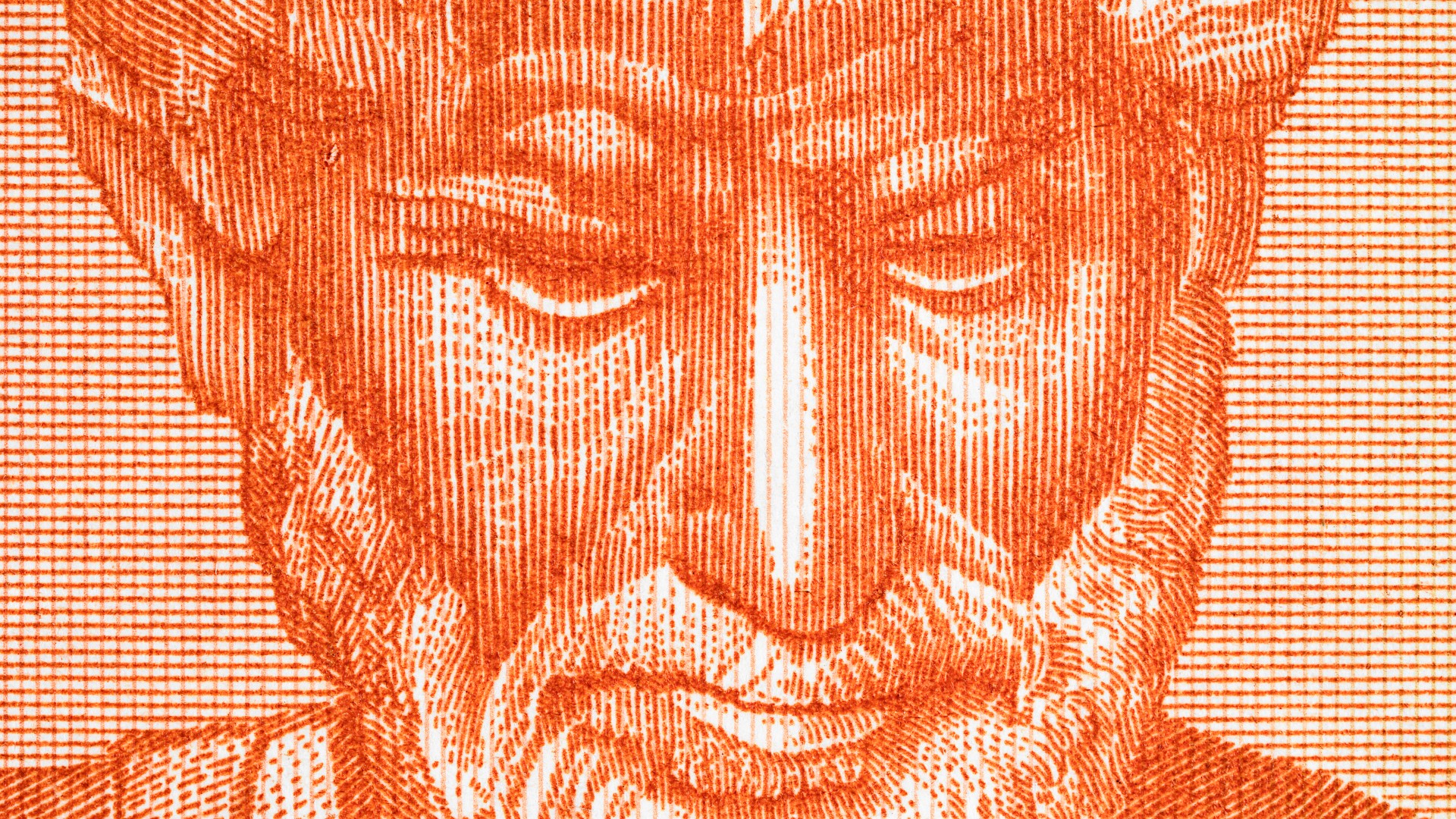On Updike’s Archives: Genius Isn’t Easy?

The New York Times cover story on John Updike’s archives reveals a writer who took care to develop and preserve his literary legacy. While an instinct for careful self-preservation is not unique, the level and depth of the things Updike saved, as well as the nature of how he religiously edited things, was in contrast to the public face he presented. But why would we care if we thought he edited less? Is talent compromised by the revelation of hard work?
There was Mozart. But generally, genius isn’t easy, even as artists often cultivate a reputation that makes us think they sweat less than they do. Updike was remarkably meticulous. Tanenhaus notes:
The papers also suggest that Updike was a more complex artist—and person—than he chose to admit. Though [Updike] was known and envied for writing rapidly and easily and revising very little—a reputation he encouraged—the archive demonstrates the painstaking care he took to establish the tone and atmosphere of his novels.
So he wanted to look effortless. We cannot blame him for that; they practically test your talent at Looking Effortless at Harvard. And he did it so well. Moreover, he knew the value of possessing a native style, and from an early age had a clear sense of how his artistic mission stood in contrast to the great writers who came before him. In a note to his parents in 1951 he wrote:
We do not need men like Proust and Joyce; men like this are a luxury, an added fillip that an abundant culture can produce only after the more basic literary need has been filled. This age needs rather men like Shakespeare, Milton, or Pope; men who are filled with the strength of their cultures and do not transcend the limits of their age, but, working within the times, bring what is peculiar to the moment of glory.
Nineteen-at -Harvard is perhaps the only place from which to have the opinion that Shakespeare didn’t “transcend the limits” of his time. It is an admirable point: if there is something unique to American writing, do we need more imitations of Remembrance of Things Past? Updike understood that the best phase of Modernism was coming to a close, and that the rise of a new generation of mind-blowing American fiction had arrived. Two years following his letter, The Paris Review was founded in Paris, by a group of young American writers and editors who, even expatriated, recognized the value of Americans writing in America, and abroad.
Tanenhaus saw a man in the archives who was ambitious and self-doubting, principled and, in his work, a risk-taker. This description could stand as a portrait of literature in Updike’s time. While our era of iPads has not killed the novel—or the novelist—it is unclear what “archive” will mean, and who will bother to so carefully attend to them, in the future.





